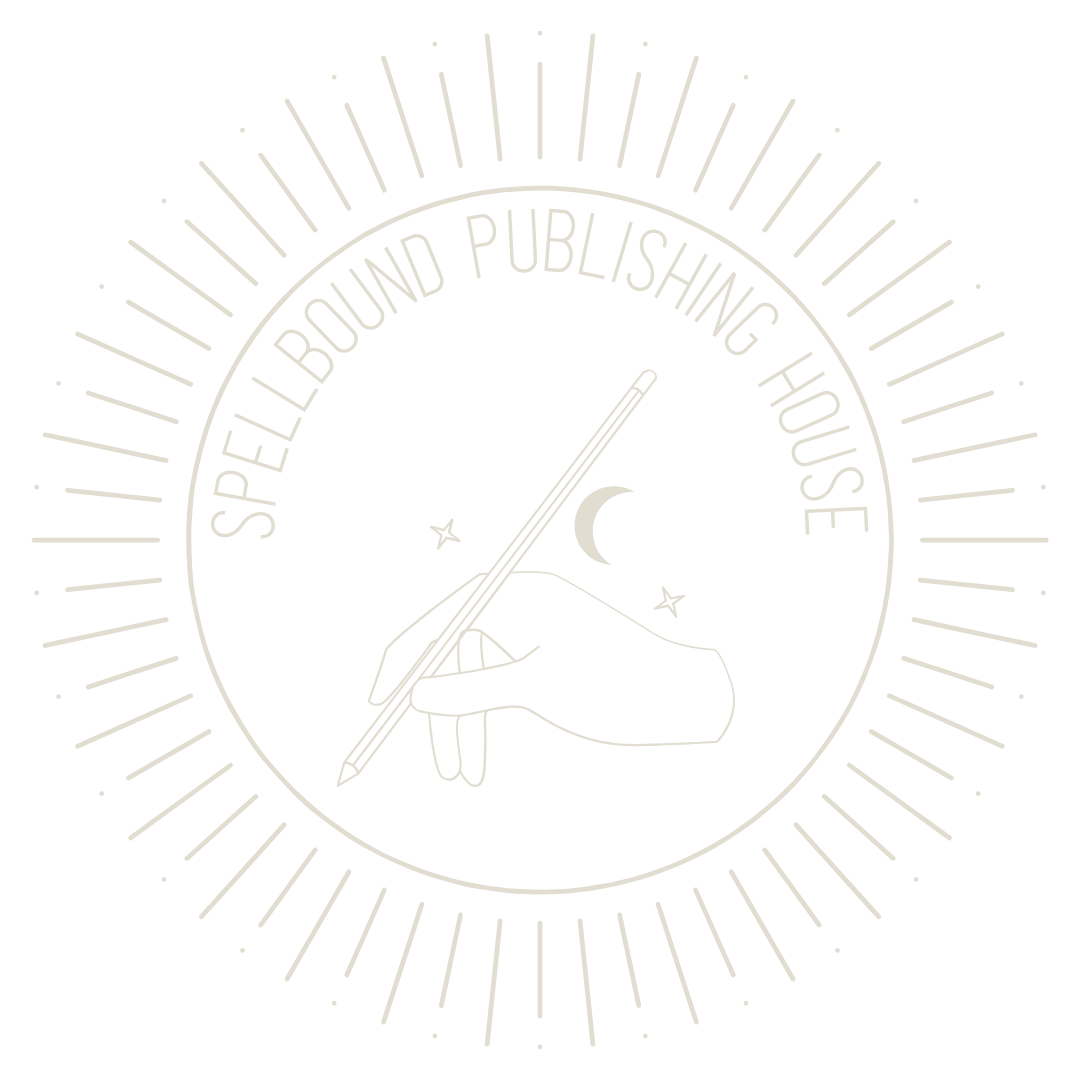Why Storytelling is So Important
Storytelling is what makes us human. From the very beginning, humans have wanted to leave something behind: a legacy of what they did, what they knew and experienced. Think about it—some of the earliest markers of human life are cave paintings. And what are these paintings if not the earliest stories?
Historically speaking, myths create the basis for any given society or civilization. Throughout time it has been critically important for people to understand who they are and where they come from. Most myths have history in them and are not fully fictional; they just include supernatural elements to help explain what ancient people could not understand. Humans have always had an innate need to understand the world around them and figure out how to deal with it with the resources they’ve been given. That is the foundation for storytelling.
Around 3,000 BCE, myths started getting written down. The earliest stories were myths of nature. These stories were cyclical, matching the seasons and nature. History was not linear. These stories used characters to explain natural phenomena or teach lessons. The ultimate goal was survival, being able to control nature, and it was imperative that these truths were passed down. Over time, the myths became more complex, including symbolism, and started forming the foundations of religion. There are myths of harmony and liberation, being one with nature and being free of suffering. Then there are myths of history, like the Bible. Things occur in a linear fashion, points on a timeline. But it still comes back to nature, trying to explain the natural world with a limited understanding.
Stories are what allowed human thought to expand. Plato built on myths for his philosophical musings and wrote the first story about a utopian society. Dante took the religious myths that were popular in his time and penned the famous Divine Comedy. Shakespeare was inspired by history and religion both for his plays. Even in today’s literary space, authors like J.R.R. Tolkien and Sarah J. Maas are heavily influenced by myths of old. Humanity’s stories are constantly being retold again and again. Before the Enlightenment, we used magic to make the world make sense. Now, in a scientific age, we use the same magic to escape our everyday life. Time is cyclical, just like in the very first stories.
Writers today are part of a longstanding legacy of telling stories. It’s a beautiful tradition passed down through every generation. In every pocket of the world, every era in history, there were storytellers. No matter where you go, there we are. A lot of writers struggle with confidence in their work, wondering if all the effort they go to is worth it. But there is that driving force inside of them, the same one that drove Neanderthals to paint on walls, that demands their story be told. That force is the force of history, of all of humanity before us who did the same thing. Who would we be to deny that impulse?
Our stories are what make us human. Our stories are everything.
